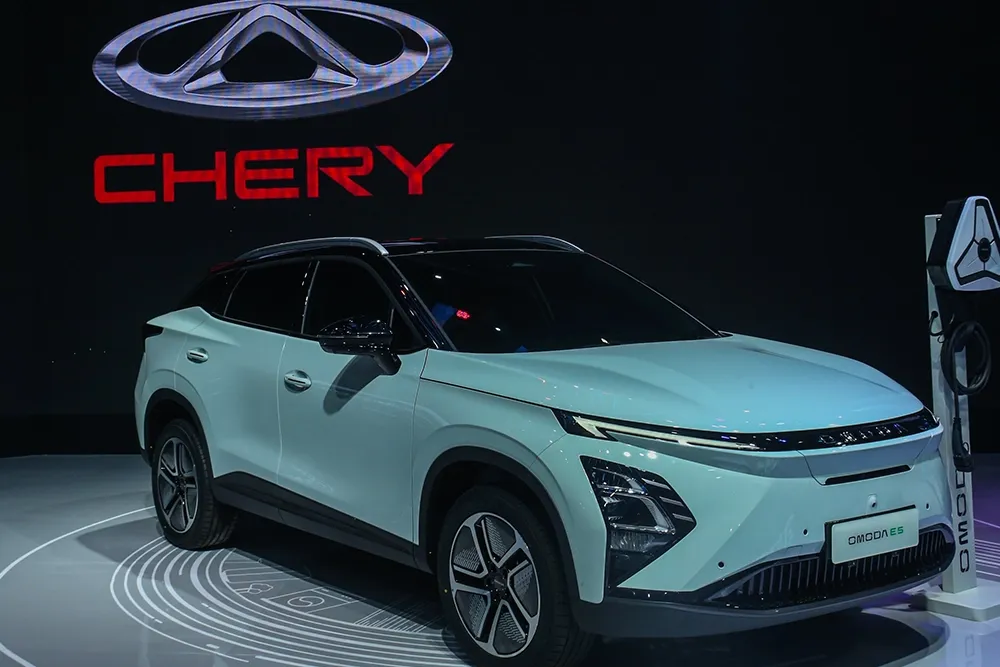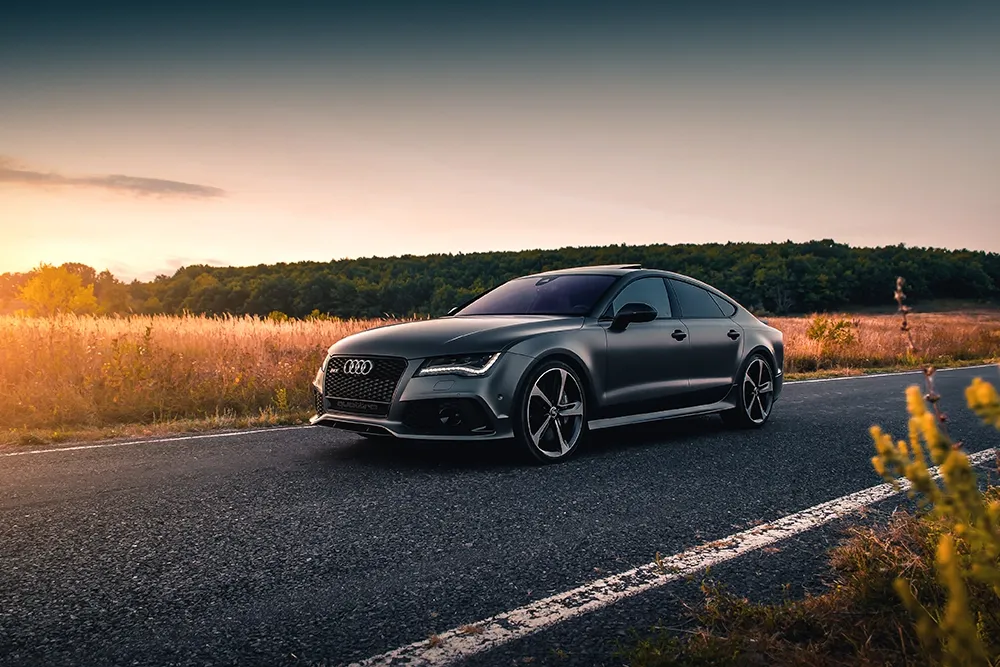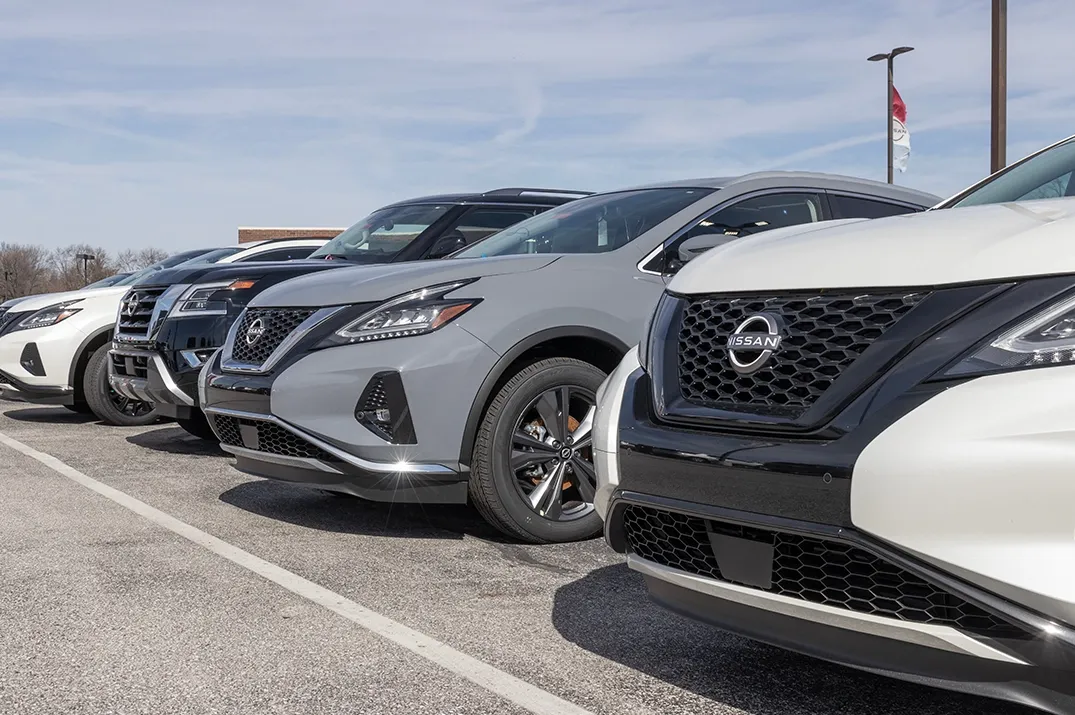The automotive landscape in the UAE is experiencing a dramatic transformation as Chinese vs Japanese cars battle for dominance on Emirates roads. While Japanese manufacturers have long held the crown for reliability and market presence, Chinese automakers are rapidly gaining ground with innovative technology and competitive pricing. Understanding this evolving competition helps UAE consumers make informed decisions about their next vehicle purchase.
Market Share Battle - The Numbers Don't Lie
The Chinese vs Japanese cars market share story in the UAE reveals fascinating trends. Between 2023 and 2024, Chinese automakers increased their market share of the overall UAE market from 4 percent to almost 7 percent, representing an 86 percent increase in units sold. This explosive growth demonstrates Chinese manufacturers' growing appeal among UAE consumers.
Meanwhile, Japanese brands continue maintaining substantial market presence through established dealership networks and strong brand loyalty. Toyota, Honda, and Nissan remain household names across the Emirates, though they face intensifying competition from ambitious Chinese manufacturers offering cutting-edge features at attractive price points.
Chinese Car Specifications: Innovation Meets Affordability
Chinese car specifications in 2025 showcase remarkable technological advancement. Chinese EV brands are known for offering smart interiors and autonomous features at a more affordable price point than their Western or Japanese competitors. Leading Chinese models like the BYD Seal feature ultra-fast charging capabilities and sophisticated driver assistance systems.
Most new Chinese car launches in 2025 feature comprehensive ADAS packages, including large touchscreen displays (15.6-inch and larger), smartphone integration, and over-the-air update capabilities becoming standard features. Chinese manufacturers prioritize connectivity and digital integration, appealing to tech-savvy UAE consumers who value modern infotainment systems.
Price positioning for Chinese vehicles remains highly competitive. The average prices of Chinese cars in 2025 are estimated at AED 70,000 to 90,000 for models at the entry level (MG5, Chery Arrizo, etc.), making them accessible to broader consumer segments while offering premium features typically found in more expensive vehicles.
Japanese Car Specifications: Proven Excellence
Japanese car specifications emphasize time-tested engineering excellence and legendary reliability. Japanese manufacturers focus on refined mechanical systems, exceptional build quality, and comprehensive safety features. Toyota's hybrid technology, Honda's VTEC engines, and Nissan's CVT transmissions represent decades of engineering refinement.
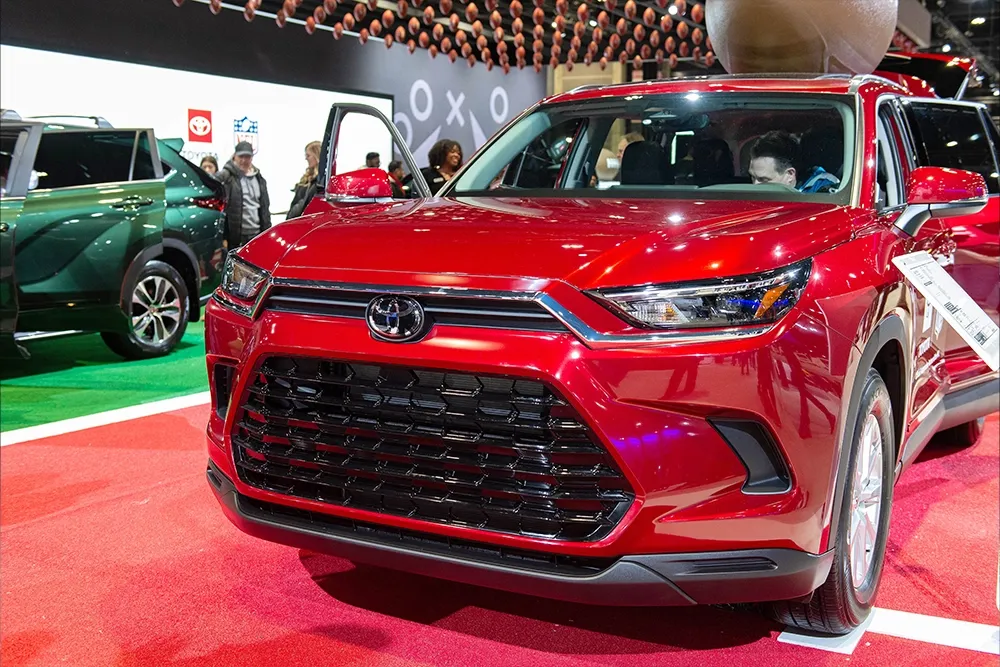
Japanese vehicles typically feature conservative but sophisticated technology integration, prioritizing functionality over flashiness. While Chinese cars might offer larger touchscreens, Japanese vehicles focus on intuitive controls, ergonomic design, and systems proven through extensive real-world testing.
Resale value remains a significant advantage for Japanese vehicles in the UAE market. Their reputation for longevity and minimal maintenance requirements makes them attractive for consumers planning long-term ownership or those concerned about depreciation rates.
Rental Market - Accessing Both Options
The UAE's rental market reflects the growing Chinese and Japanese cars comparison trend. Those looking to rent Chinese cars in Dubai can access modern electric vehicles like BYD models through various rental agencies, offering opportunities to experience the latest Chinese automotive technology without long-term commitment.
Alternatively, options to rent Japanese cars in Dubai remain abundant through established rental networks. Japanese rental vehicles typically include popular models like Toyota Camry, Honda Accord, and Nissan Altima, providing reliable transportation with proven track records for both short-term visitors and residents testing potential purchases.
Performance Comparison: Real-World Considerations
When examining Chinese vs Japanese cars performance characteristics, each category offers distinct advantages. Chinese vehicles excel in electric drivetrain technology, advanced infotainment systems, and cutting-edge driver assistance features. Many Chinese EVs provide impressive acceleration and sophisticated autonomous driving capabilities.
Japanese vehicles continue leading in mechanical reliability, fuel efficiency for traditional engines, and proven durability under challenging conditions. Their conservative engineering approach emphasizes long-term dependability over flashy features, making them particularly suitable for UAE's demanding climate conditions.
Electric Vehicle Revolution
The electric vehicle segment represents where Chinese vs Japanese cars competition intensifies most dramatically. Brands like MG, Chery, and Geely are leading the charge with a variety of sedans, SUVs, and EVs, capturing a growing market share. Several other Chinese automakers, including BYD, the world's largest EV producer, are also present in the UAE market.
Japanese manufacturers, while maintaining hybrid leadership through Toyota's pioneering technology, are accelerating their electric vehicle development to compete with Chinese innovation. The question, “Are Chinese cars better than Japanese cars?” increasingly centers on electric vehicle capabilities and charging infrastructure compatibility.
Consumer Preferences and Future Outlook
UAE consumers increasingly value advanced technology, competitive pricing, and environmental considerations when choosing between automotive options. Analysis by global consulting firm AlixPartners predicts that Chinese automotive brands will capture a staggering 34 per cent market share in the Middle East and Africa (MEA) region by 2030, up from just 10 per cent in 2024.
This projection suggests the Chinese vs Japanese cars landscape will continue evolving rapidly. Chinese manufacturers' aggressive expansion, combined with improving quality and innovative features, positions them as serious competitors to established Japanese dominance.
Making Your Choice: Are you Team Japanese or Chinese?
The answer to “Are Chinese cars better than Japanese cars?” depends entirely on your priorities and preferences. Chinese vehicles offer cutting-edge technology, competitive pricing, and impressive electric vehicle options. Japanese cars provide proven reliability, strong resale values, and conservative engineering excellence.
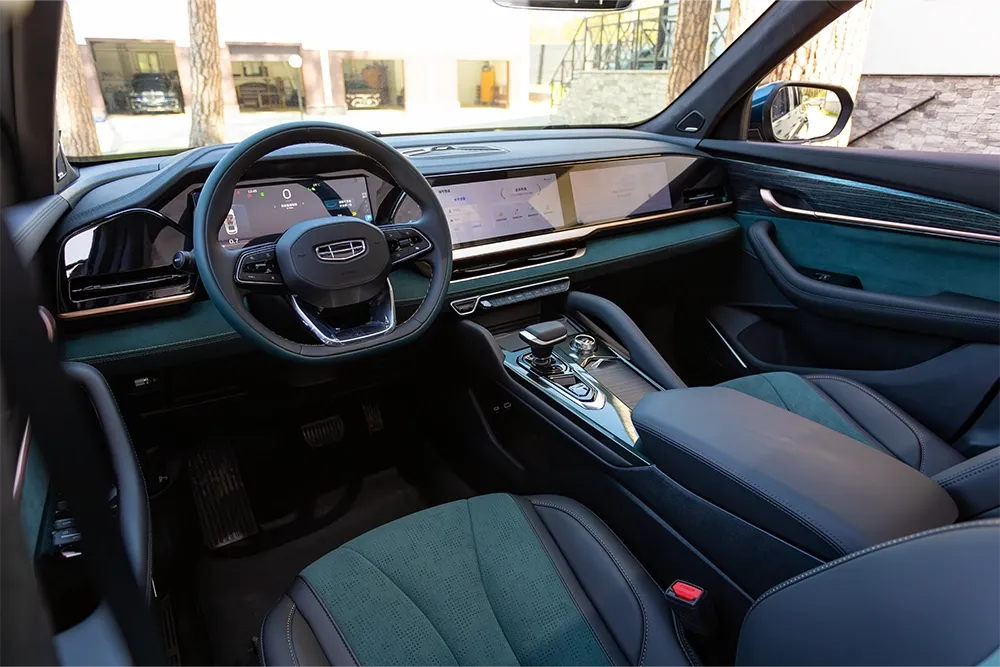
For UAE consumers, both options present compelling advantages. Chinese vehicles suit those prioritizing latest technology and value-oriented pricing, while Japanese cars appeal to buyers emphasizing long-term reliability and established service networks.
The UAE automotive market benefits from this healthy competition, providing consumers with diverse options spanning budget-conscious choices to luxury electric vehicles. Whether you choose Chinese innovation or Japanese reliability, both categories offer excellent transportation solutions for Emirates roads.
FAQs
- Which is better for reliability?
Japanese cars are known for their decades of reliability and longevity, while Chinese cars are symbols of a new age with their technological innovations.
- How do Chinese and Japanese cars perform in the UAE's hot climate?
The newer models of Chinese cars feature upgraded cooling systems and dust-proof filters that handle the UAE’s climate well, while some Japanese car brands may struggle with the heat.
- What about the price of ownership and maintenance?
Chinese cars overall have a lower maintenance cost but more competitive market pricing, making them more affordable to own than Japanese cars which may be more expensive to own.
- What about the resale value?
Japanese cars typically hold more resale value than Chinese cars.
